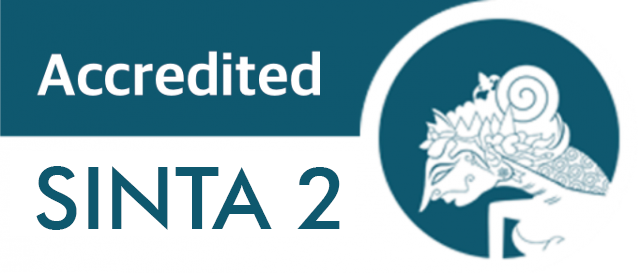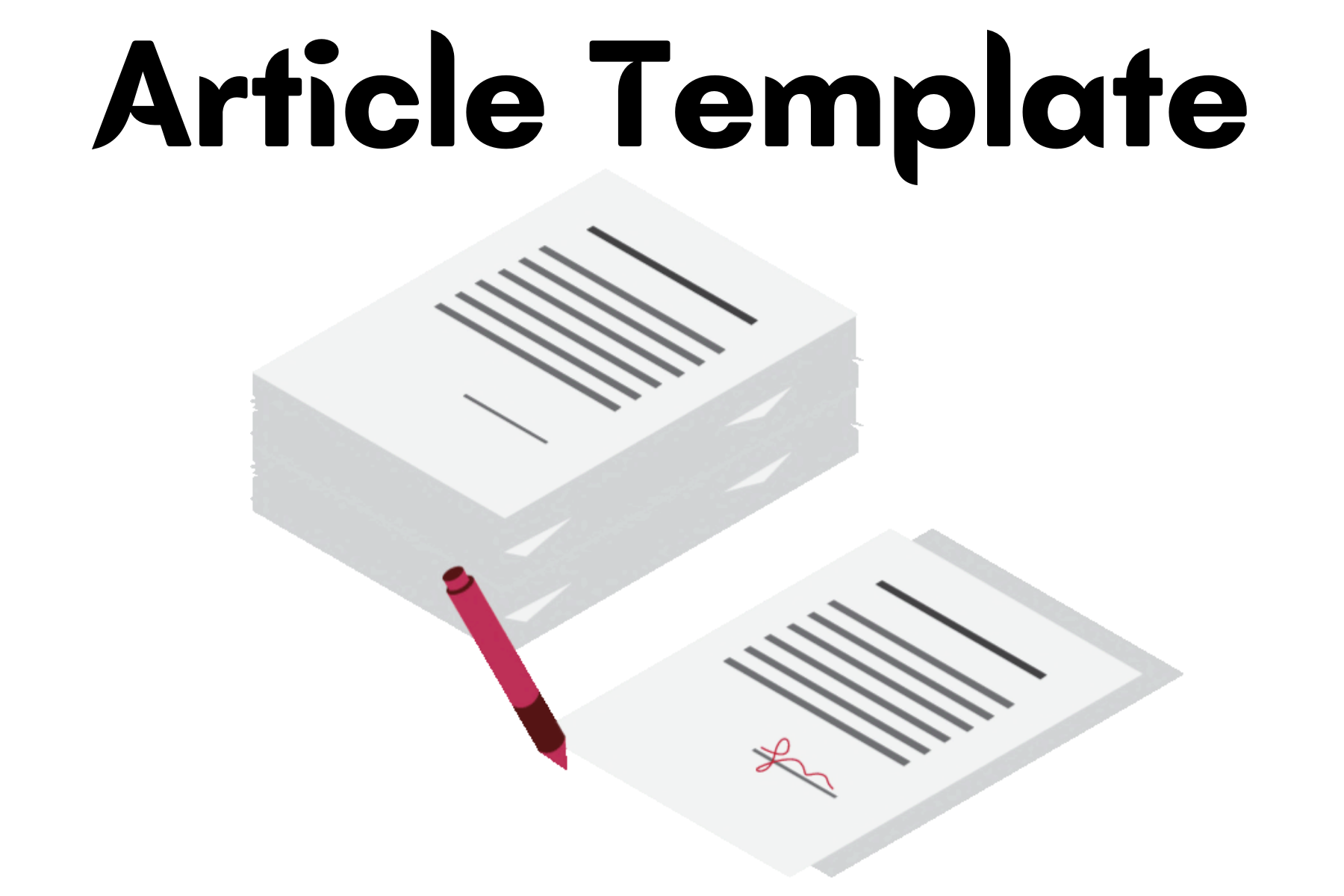How Prospective Mathematics Teachers Do Computational Thinking (CT) Task? : An Analysis Of CT Prior Knowledge
DOI:
https://doi.org/10.18326/hipotenusa.v6i1.1908Kata Kunci:
computational thinking ability, prospective mathematic teachers, CT prior knowledgeAbstrak
The purpose of writing this article is to find out about the initial Computational Thinking ability of prospective mathematics teacher students. This is because the 21st century demands changes in human resources (HR) to be more superior and competitive. Excellent and competitive human resources require the ability of Computational Thinking (CT), because it can help a person develop critical, creative, and analytical thinking skills in solving complex problems, both in the context of computing and everyday life. Improving the quality of human resources cannot be separated from the implementation of education in preparing this requires an educator who has the capability to be able to provide good and effective learning. Students that are expected to become professional teachers in the field of mathematics education in the future must have good CT ability. So, the condition of prior CT ability of Tadris Mathematics Education students as mathematics teacher candidates needs to be investigated. The method used in this article is qualitative research with a descriptive approach, with the aim of describing the prior CT abilities of prospective mathematics teachers, namely Tadris Mathematics Education students. Based on the analysis of the answers and further interviews of students which are prospective mathematics teachers, it is concluded that the CT ability is still low and not good, especially in the indicators of pattern recognition, algorithms, abstraction and generalization. So it is necessary to develop a learning or approach that can improve the CT ability of prospective mathematics teachers.
Referensi
Angraini, L. M., Arcat, A., & Sohibun, S. (2022). Pengaruh Bahan Ajar Berbasis Multimedia Interaktif terhadap Kemampuan Computational Thinking Matematis Mahasiswa. JNPM (Jurnal Nasional Pendidikan Matematika), 6(2), 370. https://doi.org/10.33603/jnpm.v6i2.6937
Arikunto, S. (2019). Prosedur Penelitian. Rineka cipta.
Azmi, R. D., & Ummah, S. K. (2021). Implementasi Project Based Learning Untuk Mengeksplorasi Kemampuan Computational Thinking Mahasiswa. Jurnal Ilmiah Pendidikan Matematika AL-QALASADI, 5(1), 52–61.
Christi, S. R. N., & Rajiman, W. (2023). Pentingnya Berpikir Komputasional dalam Pembelajaran Matematika. Journal on Education, 05(04), 12590–12598.
CUPM. (2004). Undergraduate Programe and Courses in the Mathematics. Science: CUPM Curriculum Guide 2004. The Mathematical Association of America.
Ezeamuzie, N. O. (2023). Abstractive-Based Programming Approach to Computational Thinking: Discover, Extract, Create, and Assemble. Journal of Educational Computing Research, 61(3), 605–638. https://doi.org/10.1177/07356331221134423
Isharyadi, R., & Juandi, D. (2023). A Systematics Literature Review of Computational Thinking in Mathematics Education: Benefits and Challenges. Formatif: Jurnal Ilmiah Pendidikan MIPA, 13(1). https://doi.org/10.30998/formatif.v13i1.15922
KEMENDIKBUDRISTEK RI. (2022). Permendikbudristek No. 5 Tahun 2022 Tentang Standar Kompetensi Lulusan Pada Pendidikan Anak Usia Dini, Jenjang Pendidikan Dasar, Dan Jenjang Pendidikan Menengah. KEMENDIKBUDRISTEK Republik Indonesia.
Kılıç, A., Hudson, J., Mccracken, L. M., Ruparelia, R., Fawson, S., & Hughes, L. D. (2021). A Systematic Review of the Effectiveness of Self-Compassion-Related Interventions for Individuals With Chronic Physical Health Conditions. www.crd.
Marom, S., Mariani, S., & Eko Susilo, B. (2023). COMPUTATIONAL THINKING PATTERNS IN THE MATHEMATICAL MODELING PROCESS: SELF-EFFICACY PRE-SERVICE MATHEMATICS TEACHER. The Seybold Report, 18(03), 1551–1568. https://doi.org/10.17605/OSF.IO/DVAXT
Nuraisa, D., Azizah, A. N., Nopitasari, D., & Maharani, S. (2019). Exploring Students Computational Thinking based on Self-Regulated Learning in the Solution of Linear Program Problem. JIPM (Jurnal Ilmiah Pendidikan Matematika), 8(1), 30. https://doi.org/10.25273/jipm.v8i1.4871
OECD. (2018). PISA 2022 Mathematics Framework Draft.
OECD. (2023). PISA 2022 Results (Volume II) (PISA). OECD. https://doi.org/10.1787/a97db61c-en
Sajidan, Atmojo, I. R. W., Febriansari, D., & Suranto. (2021). A Framework of Science Based Entrepreneurship through Innovative Learning Model Toward Indonesia in Society 5.0. Journal of Physics: Conference Series, 1842(1). https://doi.org/10.1088/1742-6596/1842/1/012039
Sugiyono. (2020). Metode Penelitian Kuantitatif, Kualitatif dan R&D. Alfabeta.
Supiarmo, M. G., Hadi, H. S., & Tarmuzi, T. (2022). Student’s Computational Thinking Process in Solving PISA Questions in Terms of Problem Solving Abilities. (JIML) JOURNAL OF INNOVATIVE MATHEMATICS LEARNING, 5(1), 01–11. https://doi.org/10.22460/jiml.v5i1.p01-11
Teknowijoyo, F., & Marpelina, L. (2021). Relevansi Industri 4.0 dan Society 5.0 Terhadap Pendidikan Di Indonesia. Jurnal Ilmu Kependidikan, 16, 173–184. https://doi.org/10.29408/edc.v16i2.4492
Tresnawati, D., Latifah, A., Nasrullah, M. R., Fitriani, L., Rahayu, S., Mulyani, A., Cahyana, R., Satria, E., Setiawan, R., Septiana, Y., & Kurniadi, D. (2021). EDUKASI CARA BERPIKIR KOMPUTASI MELALUI TANTANGAN BEBRAS 2020 DI GARUT. http://jurnal.sttgarut.ac.id
Zahid, M. Z. (2020). Telaah kerangka kerja PISA 2021: era integrasi computational thinking dalam bidang matematika. PRISMA, Prosiding Seminar Nasional Matematika, 3, 706–713. https://journal.unnes.ac.id/sju/index.php/prisma/
Unduhan
Diterbitkan
Cara Mengutip
Terbitan
Bagian
Lisensi
Hak Cipta (c) 2024 Dwi Maulida Sari, Suhendra, Elah Nurlaelah

Artikel ini berlisensiCreative Commons Attribution-NonCommercial-ShareAlike 4.0 International License.

This work is licensed under a Creative Commons Attribution-ShareAlike 4.0 International License.






